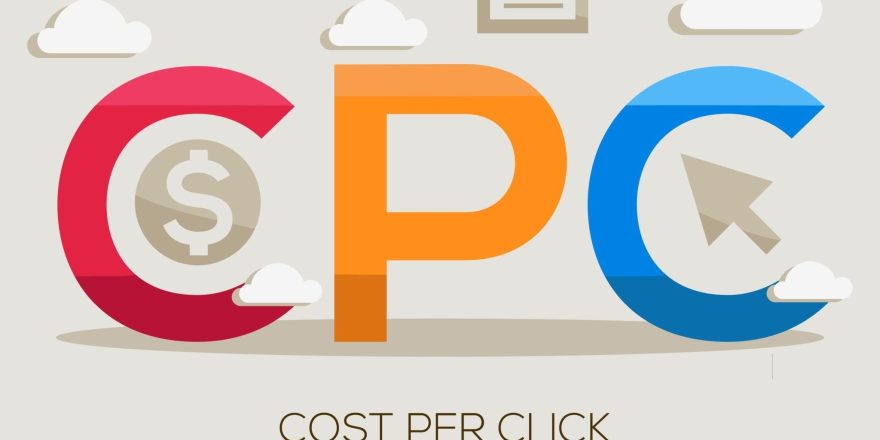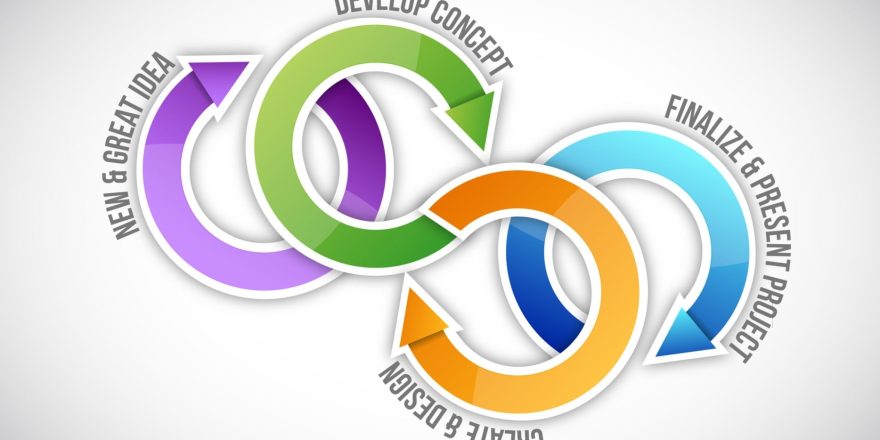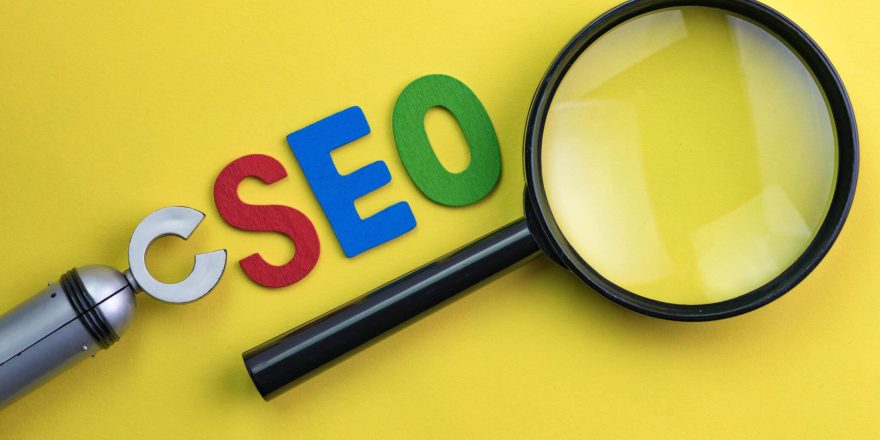In this article, we’ll discuss types of keywords — i.e. commercial, informational, transactional and navigational along with kyewords based on targeting and intent ie. short tail, longtail, short-term, long-term, product defining, customer defining, geo-targeting, and intent targeting. Hopefully ypou will get all the informational you are looking for keywords in SEO in this blog.
SEO Master Worldwide
There are 4 main types of keywords that you need to understand for SEO optimization i.e.
Commercial, informational, Navigation, and transactional.
- Commercial keywords: Commercial keywords are the ones that move products from company to company.
- Informational keywords: Informational keywords are the ones that answer questions and provide information.
- Navigational keywords: Navigational keywords direct the user to new pages on your website.
- Transactional keywords: Transactional keywords are used for shopping purposes and help buyers make decisions about their purchases by matching their requirements with available offers.
So, these four types of keywords will help you understand how many types of words there are in SEO optimization!
How do maintain Keyword density for these 4 types of keywords on a web page?
Search Engine Optimization and the minimum percentage of keywords you need to include in your web page to rank well on search engines. Keyword density is a term that describes the number of times a keyword or set of keywords appear throughout a page or group of pages. The percentage of keyword density used in SEO is what will determine how powerful that page is on Google when it comes to ranking. The higher the keyword density percentage the more likely that your web page is going to have a lot of traffic from Google search engine result pages(SERPs).
Read How to do keyword research for SEO
Keywords types based on targeting
There are 9 types of keywords: short tail, longtail, short-term, long-term, product defining, customer defining, geo-targeting, and intent targeting.
- Short tail keywords: Short tail keywords are the ones that are less competitive and higher-paying. They are very easy to write and they have high search engine traffic, but they have a low average position.
- Long-tail keywords: Long-tail keywords are more competitive and generate less revenue (but more profit). They have lower SEO traffic, but their average position is higher than short-tail words.
- Long-term Keywords: These keywords will be included in your content for 6 to 12 months maximum; therefore, you can expect fewer visits from search engines. But it pays good money as compared to short-tail ones as well as longtail ones.
- Product-defining keywords: These keywords target specific products or services you offer to the customers. They are very useful for creating product catalogs, which you can use to enter your website and make purchases from your shopping cart.
- Customer-defining keywords: These keywords are those that target the person who wants to buy something. For example, if you have a photography blog then these keywords would be very important to construct a blog post regarding some photography-related topics. These keywords are most suitable for generating traffic and expanding your blog’s visitor base.
- Geo-targeting keywords: These types of keywords targets customers who click on your link (your link isn’t always on the same domain name) from a particular country or location and produce money based on the number of searches of that particular country or location.
- Intent-targeting keywords: This type of keyword is similar to customer-defining. The only difference is that it targets the person who wants to buy some specific thing but doesn’t even know about it. For example, a photographer might want to click on an ad that reads “buy lens kit” (directed towards a product) instead of ” buy photography lens”.
Which type of keywords should we use to really maximize our SEO effort?

Well, it is difficult to define the right answer here in this article. To make a choice between right and wrong keywords, you have to hit the bull’s eye. And that you should decide for yourself because no one can do it for you except Google.
There are several things you should pay attention to considering using keywords in SEO:
1- Targeting: there are some different targeting methods as follows:
a- Targeting by word length (or keyword length):
A keyword phrase that has less than three words is considered a “short tail” keyword and those that have more than three words are referred to as “long tails”.
b- Targeting by a number of characters:
A keyword phrase that has less than 25 characters is considered a “short tail” keyword and those that have more than 25 characters are referred to as “long tails”.
c- Targeting by keywords:
According to this, you can divide your keywords into some groups. One of the groups is the long-tail keywords, which are longer than two or three words in a keyword phrase; Another one is the short-tail keywords, which are shorter than two or three words in a keyword phrase; and lastly, another group is unknown which basically means you know nothing about these keywords.
d- Different targeting methods :
Some of them include synonyms (e.g. “refrigerator” and “ice box” are synonyms), commercial keywords, navigational keywords, transactional keywords, and so on.
Beware of using “off-the-hook” words in SEO, meaning words that aren’t really words. Keywords that don’t appear in the dictionary (e.g. “recipe”, “service”, etc.) are used to increase the search volume of a page by making the page sound more important than it really is (see case study ).
2- Relevance: Some keywords might be relevant to your site or not. So select keywords based on relevancy only.
Conclusion:
So, if you are looking to know about keywords types you will get all the information here about all types of keywords based on intent and targeting i.e. commercial, informational, transactional, and navigational along with keywords based on targeting and intent ie. short tail, longtail, short-term, long-term, product defining, customer defining, geo-targeting, and intent targeting. Stay connected with SEO Master Worldwide





